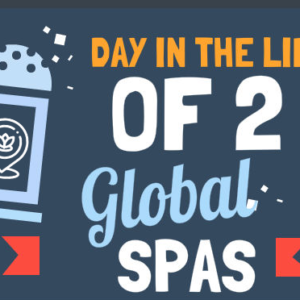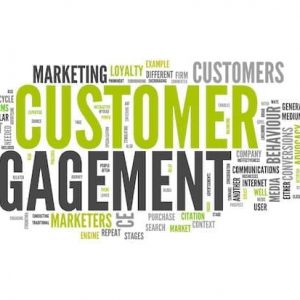High Touch-Low Engagement

A White Paper highlighting the opinions of spa industry leaders from the Asia Pacific region was released in April 2017. From a series of round-table discussions held in Thailand, one of the resulting conclusions was that people issues are still of primary concern. Despite industry growth that far outpaces global economic growth, the ability to ensure guest satisfaction and motivating millennials remain top of mind.
The critical underpinning for both areas of concern is the ability to engage.
Information gathering has always been an effective process to understand who your business attracts. For years, the spa industry has used questionnaires and intake forms for the purpose of delivering safer more satisfying treatments. The additional information is sometimes used for tracking or promotion.
However, the best research in the world means nothing if the therapist/receptionist lack the skills necessary to utilize this information in a way that makes the guest feel special.
Various spas in Asia administer intake forms only because it is a process demanded by the government. No one bothers to read what the guest has shared. This is an epic example of engagement failure and the precursor to a possible treatment room disaster that could become a social media nightmare.
At the other end of the spectrum, some private spas don’t use intake forms because they consider them to be unnecessary to the service process. They prefer to take notes while conducting an intensive, meaningful interview with their guests. Their level of engagement results in high retention and impressive retail sales.
In a perfect world, a high level of engagement would be applied while using trackable information systems.
Unfortunately, with all of the discussion around personalization and customer satisfaction, industry leaders are still myopic with regard to their internal customers, the therapists. On those occasions when sales training is done it is often misguided. Based upon traditional tenets, it fails to acknowledge that the vast majority of massage and esthetic practitioners are introverts. Natural engagement is the antithesis of this personality type.
For training to be effective it must be more focused upon developing interaction skills rather than selling.
This would also serve to utilize a heretofore unrecognized natural advantage that the industry possesses. Most introverts are great listeners. By providing targeted training which teaches therapists how to ask the right questions you’ll begin to discover what the guest really needs. This is the type of service that builds customer retention.
Acquiring the skills needed to retain customers may also be the key to motivating and retaining millennial employees in our industry. According to Fortune Magazine’s 2015 report 3 Things Millennials Want in a Career training is at the top of their list. Millennials want to invest time acquiring the skills and knowledge they need to grow both personally and professionally.
It is time for the spa industry to embrace new outlooks and training methods that work. In this way a win-win will be achieved for all.
For your own copy of the White Paper, send an email to info@apswc.org with “APSWC White Paper” in the subject line, and will email you a copy by return.






